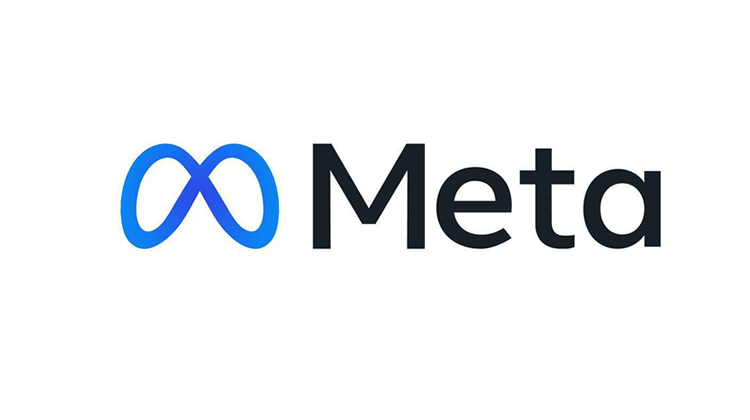Meta Platforms, the parent company of Facebook and Instagram, is locked in a contentious battle with Nigerian regulatory bodies over unpaid fines totaling over $290 million. The company’s threat to withdraw its services from the Nigerian market if forced to pay these fines has sparked widespread concern among businesses, digital experts, and civil society organizations, given the significant role Facebook and Instagram play in the Nigerian economy, particularly for micro, small, and medium enterprises (MSMEs). With over 39.6 million MSMEs in Nigeria, a potential exit by Meta could cripple a substantial portion of the business landscape, forcing businesses to seek alternative platforms and potentially leading to job losses and economic disruption. The dispute highlights the complex relationship between tech giants and national governments, as well as the increasing importance of digital platforms for economic activity, particularly in developing countries.
The potential impact of Meta’s departure from Nigeria is multifaceted. MSMEs, which constitute a significant portion of the Nigerian economy, rely heavily on Facebook and Instagram for marketing, sales, and customer engagement. These platforms provide a cost-effective and accessible way for businesses to reach a wide audience, particularly in a country with high internet penetration and a young, digitally active population. The loss of these platforms would force businesses to explore alternative options, such as X (formerly Twitter) or TikTok, which may not offer the same reach or functionality. Furthermore, the transition to new platforms would require investment in time, resources, and training, potentially hindering business operations and impacting profitability. The ripple effects could extend to the wider digital ecosystem, affecting digital marketers, influencers, and tech support services that rely on Meta’s platforms for their livelihoods.
The financial implications of Meta’s potential exit also extend to the Nigerian government. Meta, along with other foreign digital service providers, contributes significantly to the country’s tax revenue. While the exact amount of Meta’s contribution remains undisclosed, its departure would undoubtedly lead to a loss of tax income, further exacerbating the financial challenges facing the nation. This loss of revenue comes at a time when the Nigerian government is increasingly relying on digital taxes to bolster its finances. The dispute also raises questions about the ability of national governments to effectively regulate global tech giants and enforce their own laws and regulations.
Meta’s threat to withdraw its services has been met with criticism from various quarters. Some observers view it as a heavy-handed tactic designed to pressure the Nigerian government into dropping the fines. They point to the fact that Meta has faced significantly larger fines in other jurisdictions, such as the EU and the US, without resorting to similar threats. This raises concerns about the company’s commitment to the Nigerian market and its willingness to comply with local regulations. The Nigerian government, through its regulatory bodies, has maintained a firm stance, insisting that Meta must comply with the imposed fines and characterizing the threat as a pressure tactic.
The dispute also raises broader questions about the responsibilities of tech giants in developing countries. While these platforms provide valuable services and contribute to economic growth, their dominance also raises concerns about market power, data privacy, and the potential for exploitation. The Nigerian case highlights the need for a balanced approach to regulation that protects the interests of both businesses and consumers, while also fostering innovation and competition in the digital economy. Finding the right balance between fostering a vibrant digital economy and ensuring accountability from powerful tech companies is a complex challenge facing governments worldwide.
The ongoing standoff between Meta and the Nigerian government has significant implications for the future of the country’s digital economy. The outcome of this dispute will set a precedent for how other tech giants interact with developing countries and their regulatory frameworks. It also underscores the need for clear and consistent regulations that address the unique challenges posed by the digital age. The Nigerian government faces the difficult task of balancing its desire to attract foreign investment and promote digital innovation with the need to protect its citizens and ensure a fair and competitive market. The resolution of this conflict will have far-reaching consequences for the development of Nigeria’s digital landscape and its ability to harness the potential of technology for economic growth and social progress.


